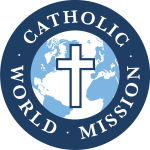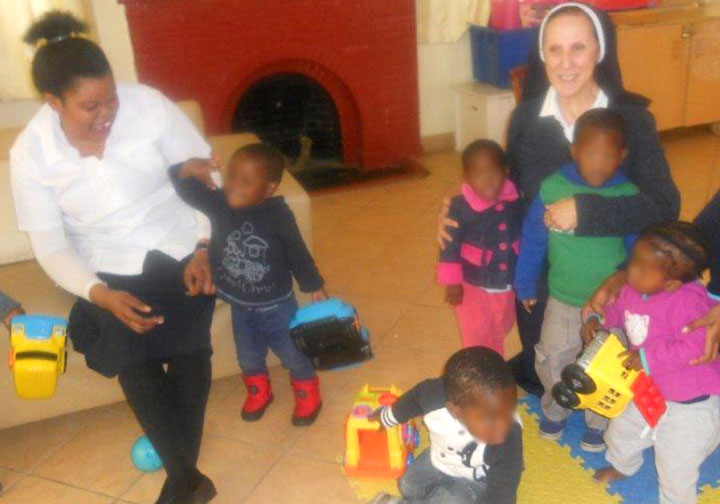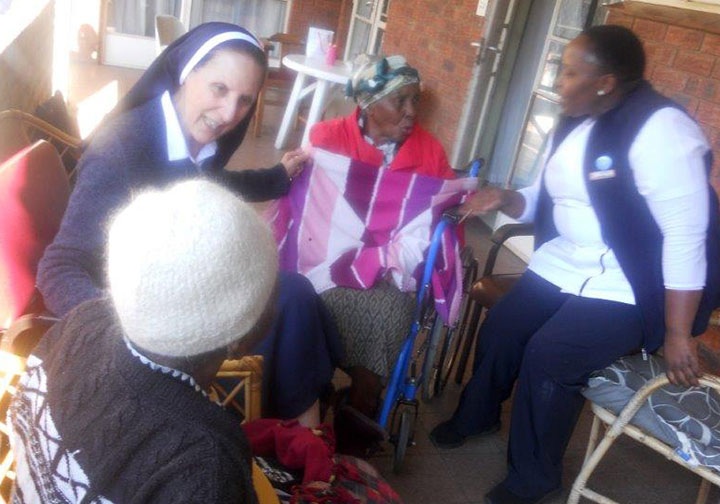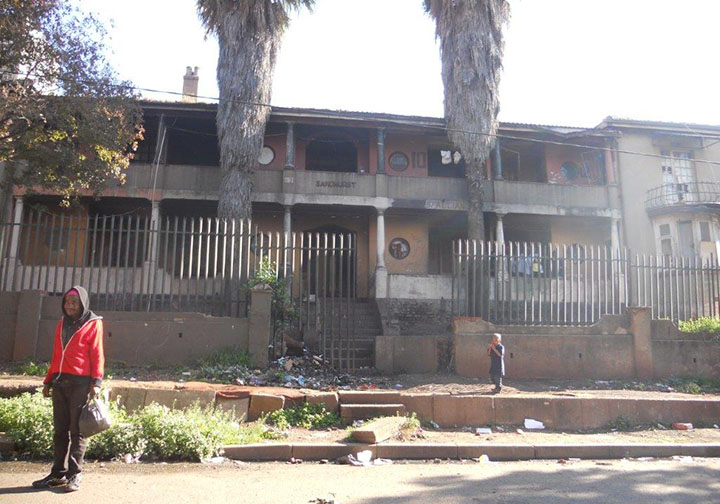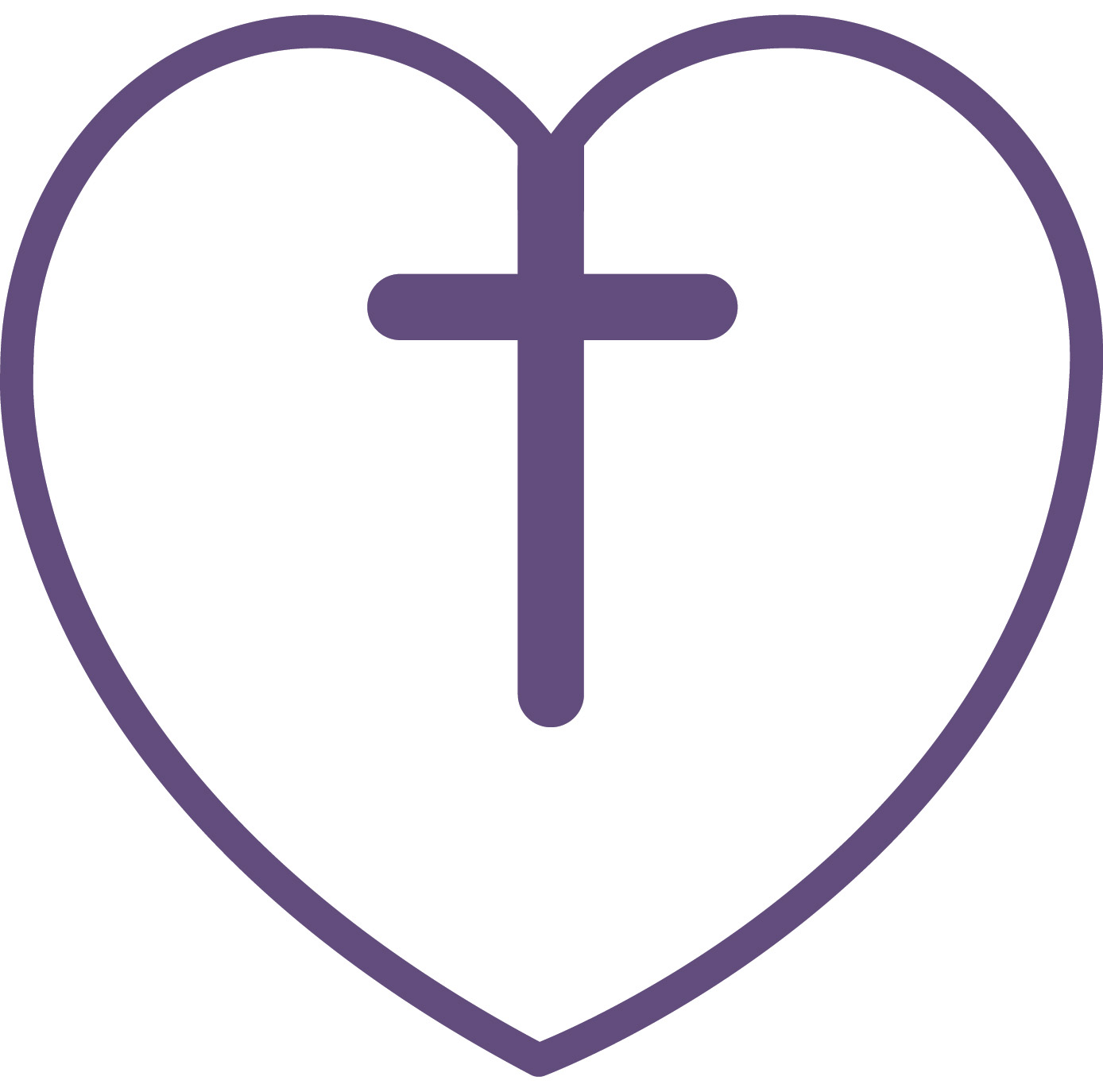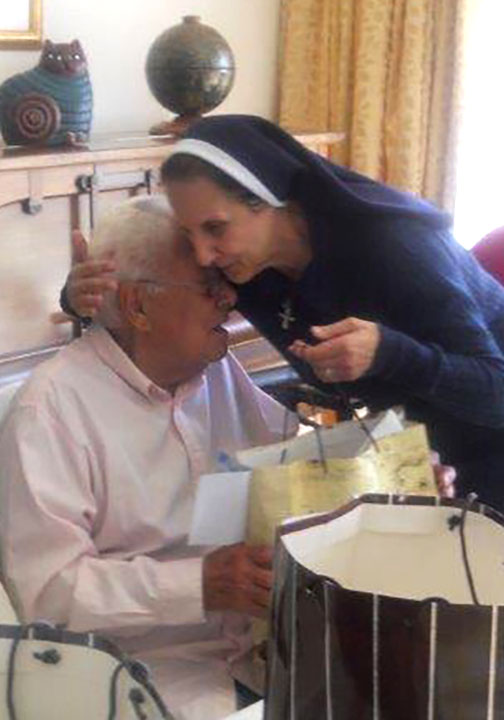Apartheid officially ended in 1994, but South Africa has since struggled to change apartheid-era imbalances in areas such as housing, education, and healthcare. 7.2 million people in South Africa live with HIV/AIDS, the most of any nation on earth. 94.4% of South Africans is literate, and 86.6% are Christian.
There are Four Impactful Programs
The Children’s
Nazareth House provides a safe, loving place for children of all ages and backgrounds to call home during times of crisis.
Specifically, Nazareth House provides:
Long-term or permanent care for orphaned or abandoned children, most of whom have very special needs, including living with HIV and AIDS;
Short-term, emergency care for abused or abandoned children who have been removed from their homes for their protection;
A family reunification program with the intention of reuniting as many children as possible with their immediate families or extended family members, when possible and when in the child’s best interest.
Every child who comes to Nazareth House is able to receive education, medical care, and support for any condition or trauma the child may have.
There are currently 40 orphaned/abandoned babies and children at Nazareth House. They all attend normal, mainstream schools or daycare centers. They get to enjoy various activities throughout the year, including picnics, field trips, sporting events, baking cakes, reading, and other special events. Some children even get to receive horse riding lessons!
Care of the Aged
Similar to children, the elderly are often also abused and abandoned or have no financial resources.
Nazareth House provides a loving, family-like environment for these seniors. In addition to medical care, residents are also given the opportunity to see hairdressers/barbers, have movie nights, go on library outings, and go on assisted shopping trips. They greatly enjoy going on shopping trips and spending pocket money on trinkets, treats, and items they need.
Nazareth House lifts residents out of the disadvantages of poverty, isolation, and neglect, and enables them to live with dignity as valued and respected members of society.
Nazareth House offers assistance to their elderly residents at all levels, including emotional and medical. Some of the services they provide include:
- Ongoing health monitoring and personal hygiene assistance
- Frail care facilities for those who require more specialized care and attention
- Preparation and provision of nutritious meals
- 24-hour nursing care and spiritual guidance
- Give each resident love and the best care possible
- And many other facets of caring for the whole person: body and soul.
Hospice and Clinic
Nazareth House also plays a vital role in the community for the care of people with HIV/AIDS.
Nazareth House operates St. Basil’s Hospice and the Clinic of Hope and Love to care for people battling HIV/AIDS.
St. Basil’s Hospice provides antiretroviral therapy for patients battling HIV. For patients who can regain their health, St. Basil’s ensures they do so. St. Basil’s Hospice also provides compassionate care for some patients until the end of their lives.
The Clinic of Hope and Love was founded to provide for the many local residents, especially immigrants, who are HIV positive or living with AIDS. In the last year, the clinic has tested 8,237 patients. 1,073 are now on antiretroviral medication.
Community Outreach
This program was begun in 2002 after more patients were being admitted to St. Basil’s with preventable conditions.
The program provides quality care to the destitute, poor, and ill in the Yeoville area of Johannesburg.
One of the key aspects is preventative measures for HIV positive persons, education, counseling, nutrition, medication, and the promotion of adherence to treatment plans. More than 60% of the patients and people who benefit from this program are women. Less than 40% are men.
Sr. Bridget Ambrose runs the Community Outreach. She is a Sister of Nazareth and registered nurse. She visits 4-7 patients every day, their families and other poor families in the area. Nazareth House also provides with a vehicle so she can visit the patients and transport them to hospitals and clinics in emergency situations because the ambulance services in the area refuse to assist refugees.
The community outreach established a support group in 2009. The group currently has 123 members and teaches members various skills that will allow them to support themselves and their families.
The mortality rate has decreased dramatically over the years. Currently, only 30% of those cared for through the outreach program pass away. While that is still a high mortality rate when compared to developed nations, that equals thousands of lives saved through the work of Nazareth House!
Plumbing at the Nazareth House!
2023
Thanks to your abundant generosity, the Nazareth House, which is a part of Nazareth Care Africa, is getting the plumbing assistance they need! Located in Johannesburg, South Africa, Nazareth Care Africa cares for victims of poverty, neglect, abandonment, and abuse. Every child at the home has conditions ranging from being disabled, being born with HIV, and being orphaned. With YOUR support, the Nazareth House will ensure proper plumbing in the house for their residents, which helps to fulfill a universal need. The children are grateful for this blessing, as it will make a difference in their everyday lives!
BEFORE

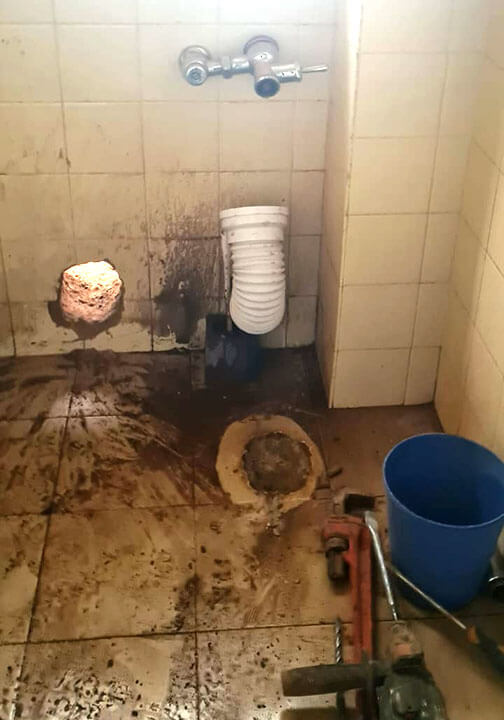
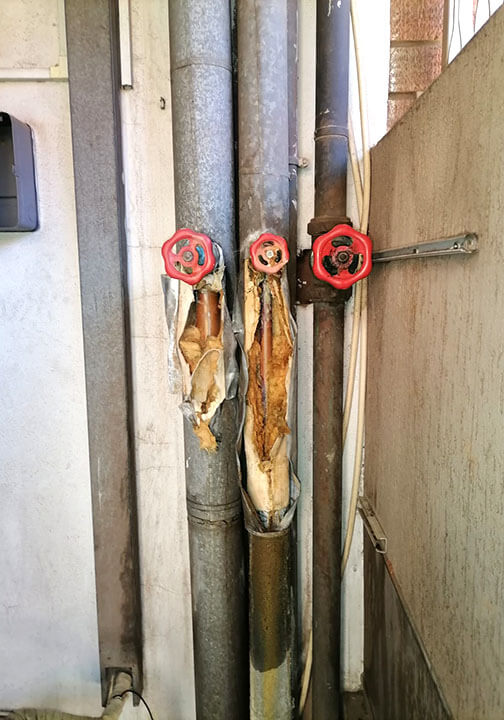
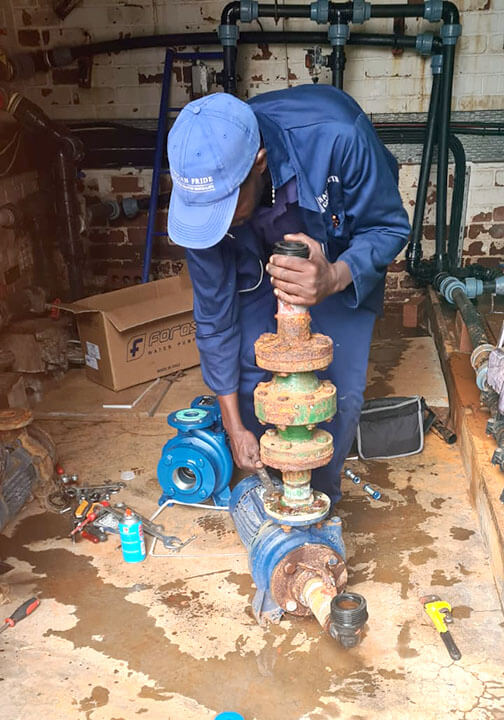
AFTER
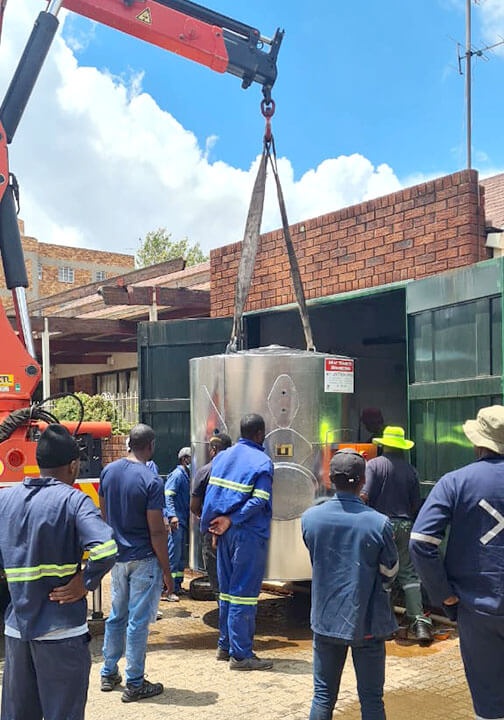
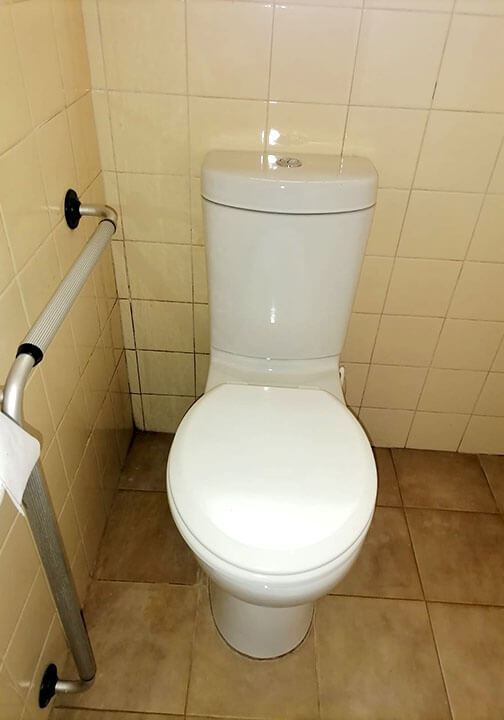

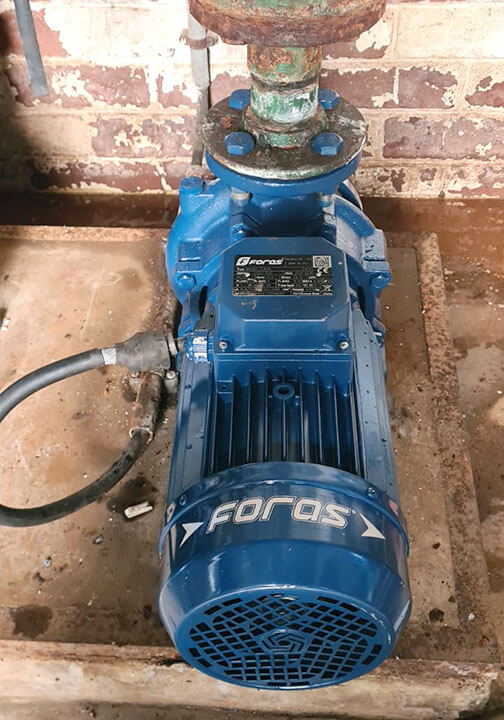
Not Even a Global Pandemic Can Slow Down Progress at Nazareth House!
2020
Thanks to the generosity of an amazing donor, and the generosity of friends like you.
Major repairs have been completed throughout Nazareth House including:
- Converting all lighting to LED
- Plumbing maintenance
- Upgrade IT infrastructure, such as antennas and routers for improved WiFi
- Revamp children’s home
- Security upgrades like installing security cameras and replacing security fencing around the property
- Replacing the walk-in freezer
- New beds for the Frail Care (elderly) home
- Painting the church exterior
- New walkways and windows
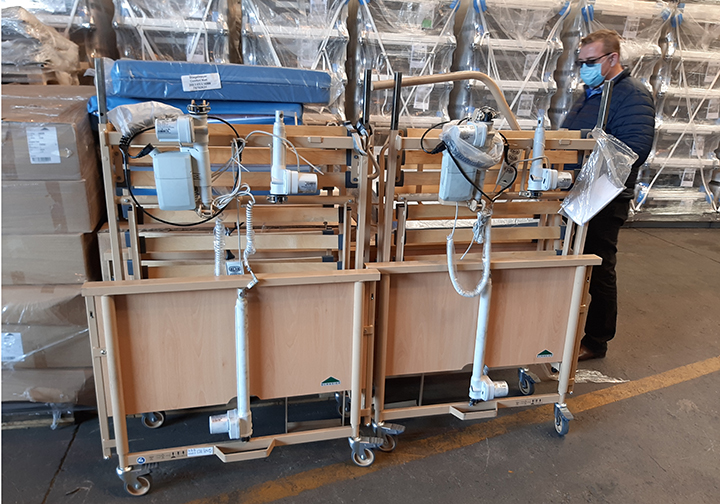
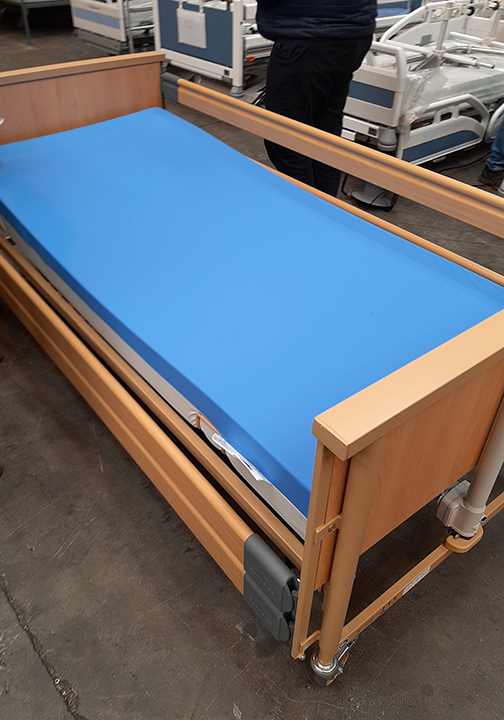
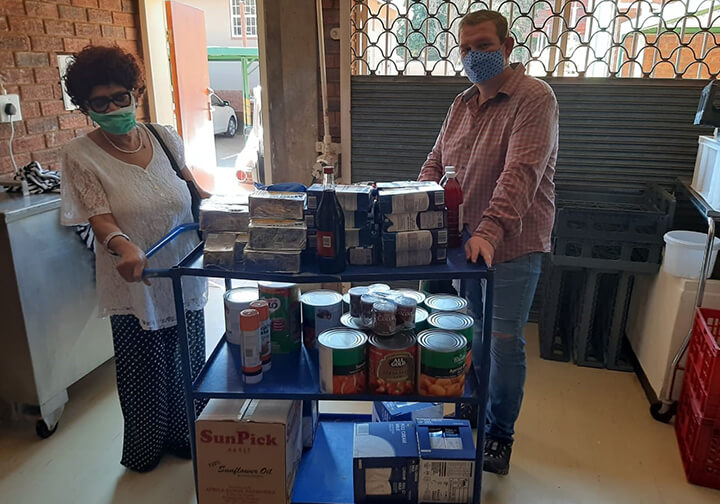
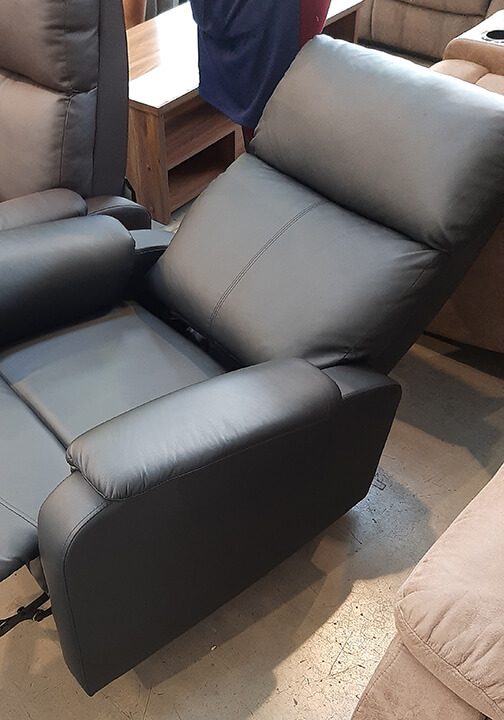
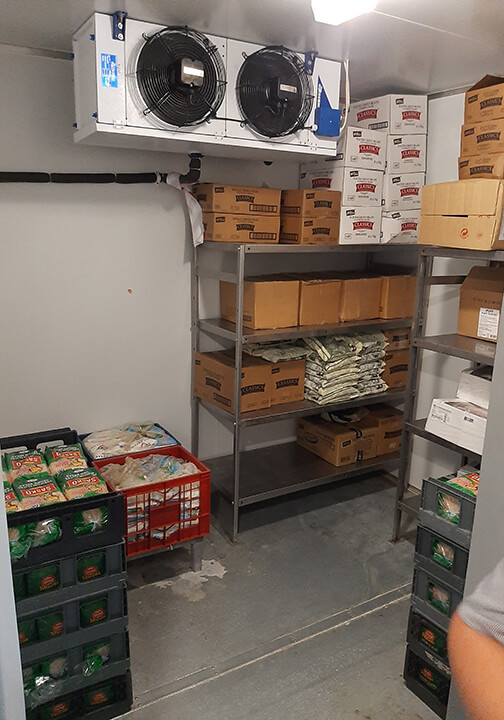
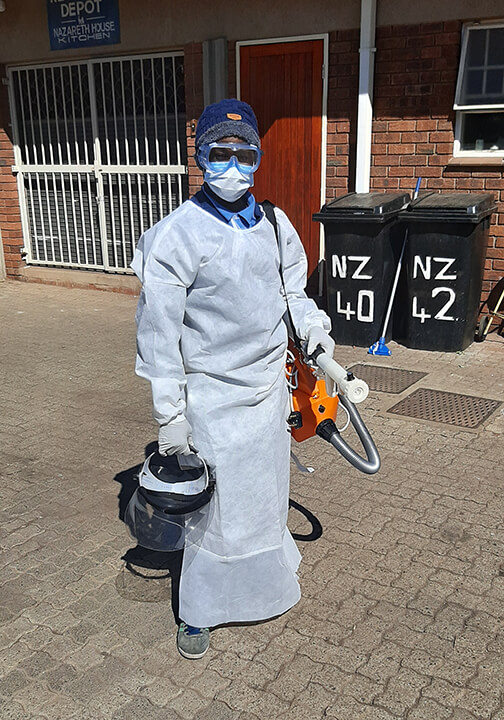
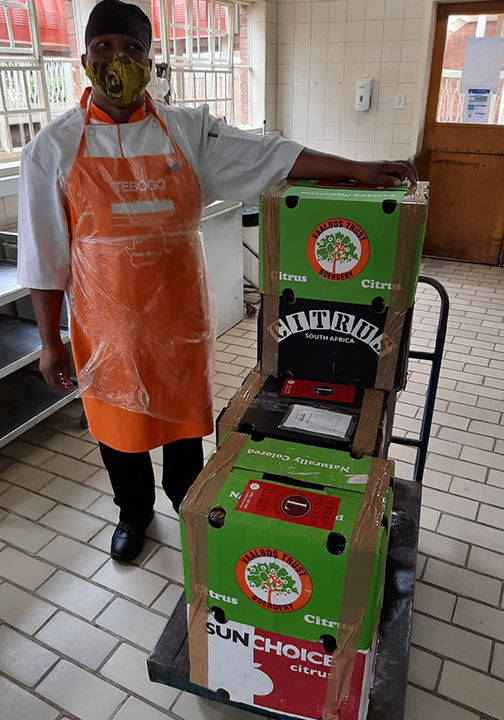
Nazareth House was also able to stock up on COVID-19 supplies for its residents, including masks, face shields, thermometers, coveralls, and COVID-19 tests.
Several New Projects in Were Completed
2019
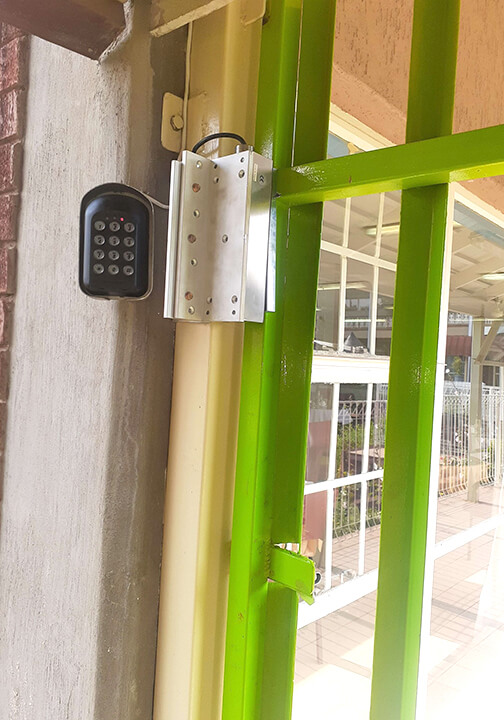
A new security fence to improve the safety of the children, elderly, and sisters who live at Nazareth House.

Installation of a new security camera system.
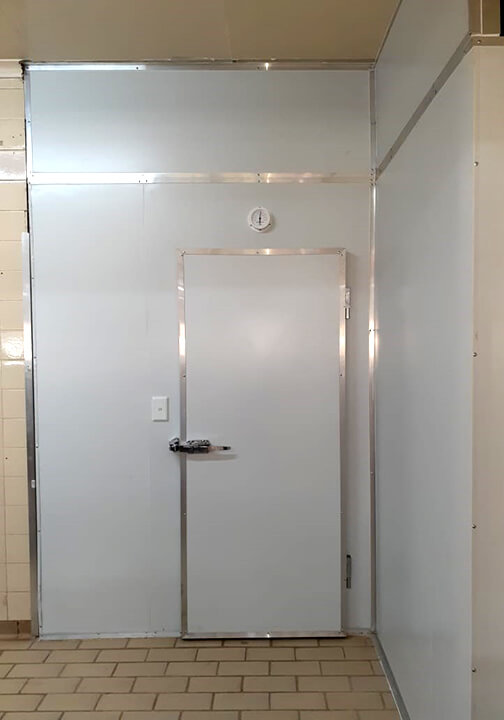
Replacing the current walk-in refrigerator/freezer. The current walk-ins break on a weekly basis, putting the food of all the children and elderly at risk of rotting!
Incredible Partnership With the Sisters and House of Nazareth
2018
Thanks to a generous donor, 2018 had us busy laying the groundwork for what will be an incredible partnership with the Sisters of Nazareth and Nazareth House Johannesburg. Some of that “groundwork” included:
- Repairs to buildings including elevator repairs and structural and equipment repairs
- Food and meal preparation for the elderly home, orphanage, and hospice
- Safety measures including day and night guards
- Empowering staff to provide adequate care for the elderly and children, meaning that each resident received not only necessary care like food, water, and medicine, but also non-quantifiable care like love, family-like support, freedom from isolation and loneliness, and human contact.
